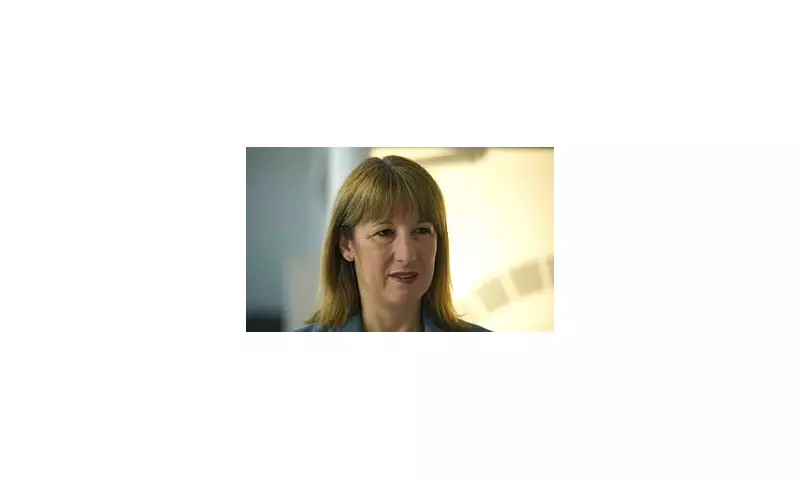
Thousands of hardworking Britons are being unexpectedly dragged into paying tax on their savings due to a little-known HMRC rule change. As interest rates rise, more savers are finding themselves pushed over the Personal Savings Allowance threshold, resulting in surprise tax bills.
The Stealth Tax Trap
With the Bank of England's base rate currently at 5.25%, many savings accounts now offer interest rates above 4%. While this might seem like good news for savers, it's creating an unforeseen problem for thousands who never expected to pay tax on their modest savings.
How the Personal Savings Allowance Works
The current Personal Savings Allowance permits:
- Basic-rate taxpayers to earn £1,000 in savings interest tax-free
- Higher-rate taxpayers to earn £500 tax-free
- Additional-rate taxpayers receive no allowance
However, with rising interest rates, many savers are now exceeding these thresholds for the first time.
Who's Most at Risk?
Financial experts warn that these groups are particularly vulnerable:
- Retirees relying on savings income
- Basic-rate taxpayers with savings over £25,000
- Those who've built rainy-day funds during the pandemic
- People who've received inheritance or windfalls
Sarah Coles, head of personal finance at Hargreaves Lansdown, warns: "Many people who've never had to think about tax on savings before are now being caught out. The combination of higher rates and frozen thresholds is creating a perfect storm."
What Can Savers Do?
Financial advisers recommend several strategies to mitigate the impact:
- Consider moving savings into ISAs (which remain tax-free)
- Spread savings across different accounts
- Check if you're eligible for the starting rate for savings
- Keep track of interest payments across all accounts
With the Personal Savings Allowance frozen until at least 2028, experts predict millions more could be affected as interest rates remain elevated.





